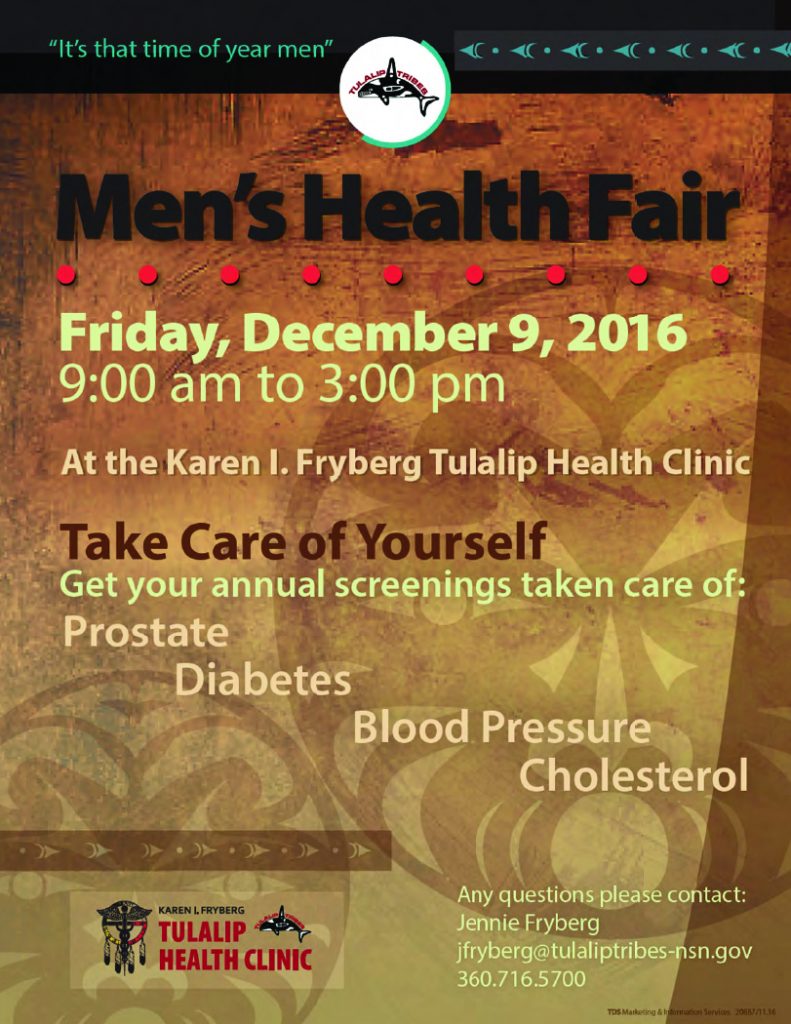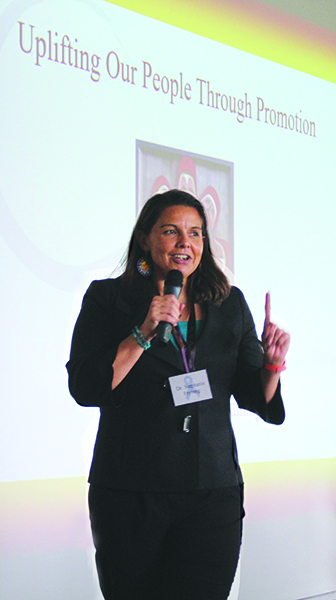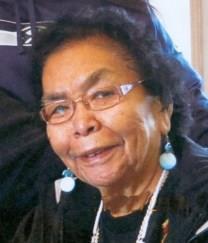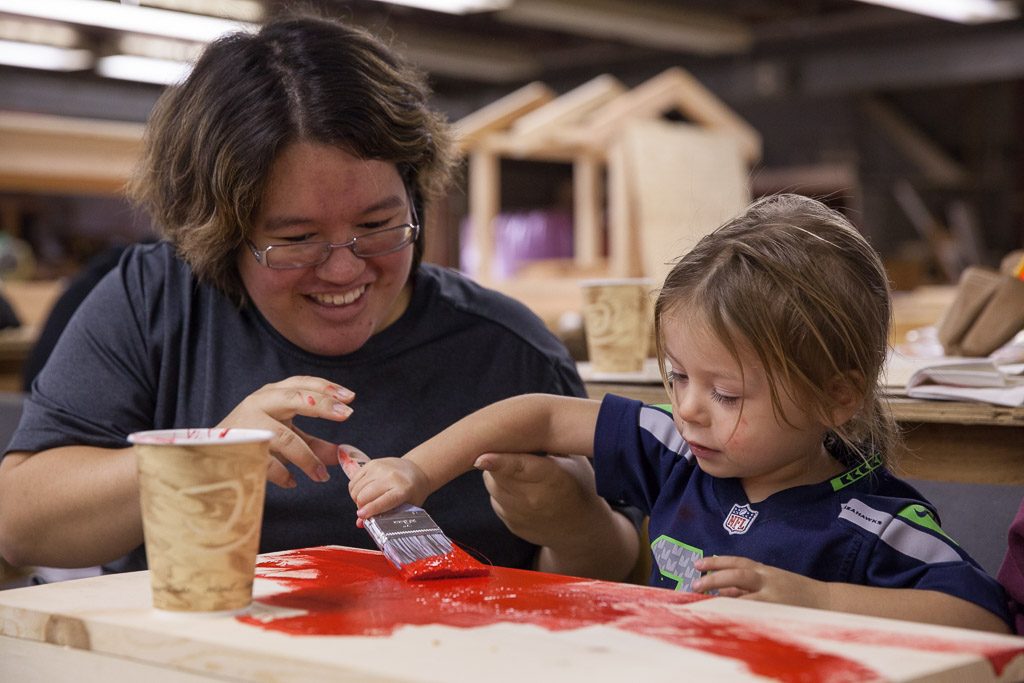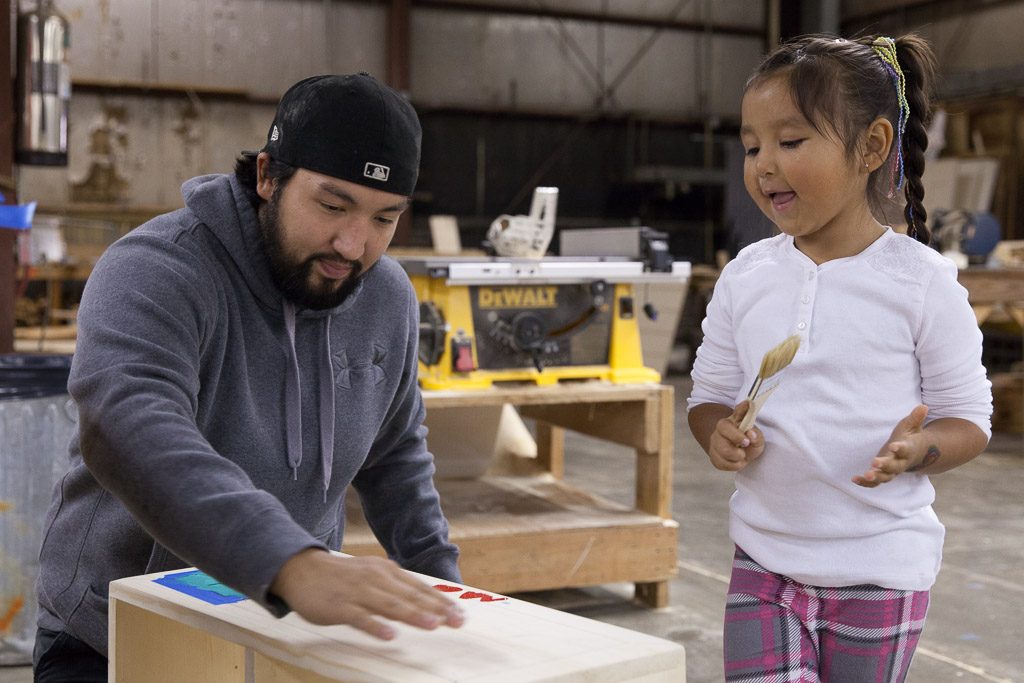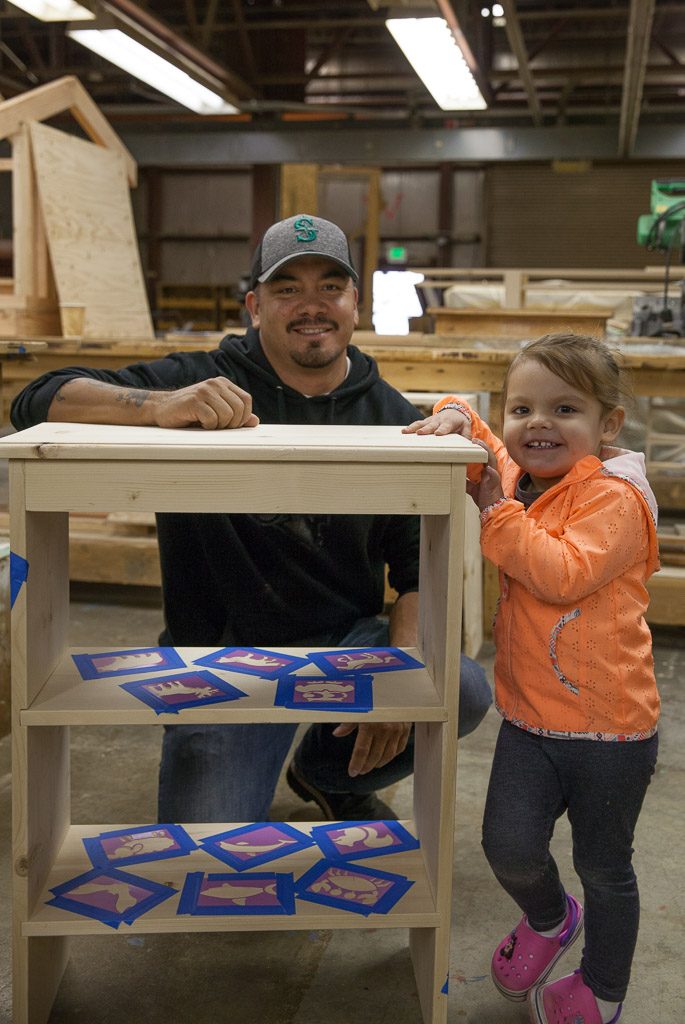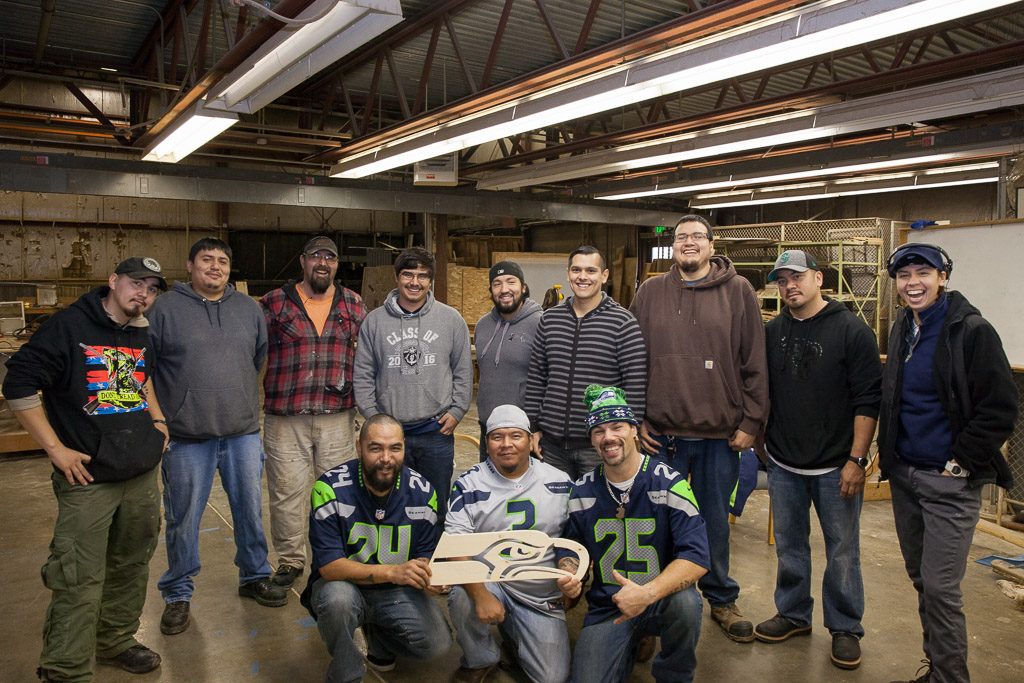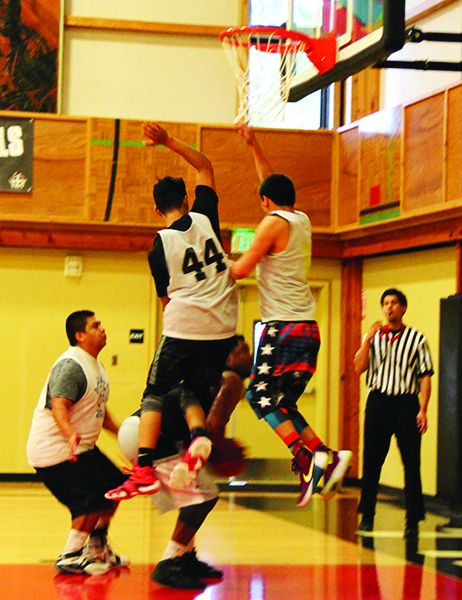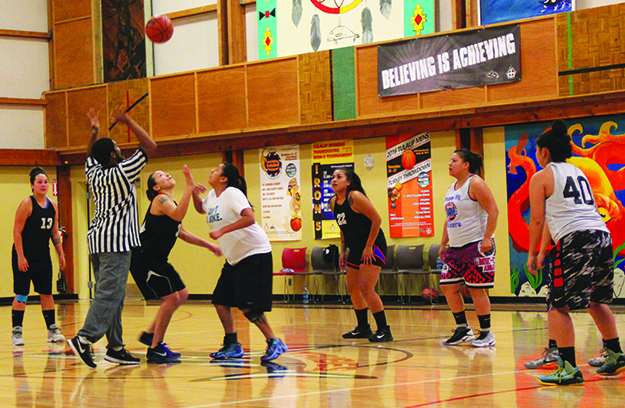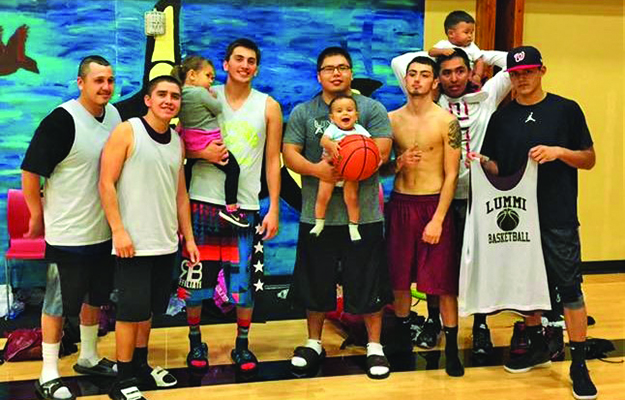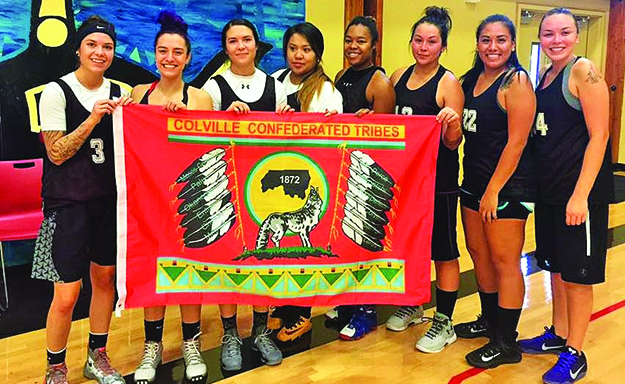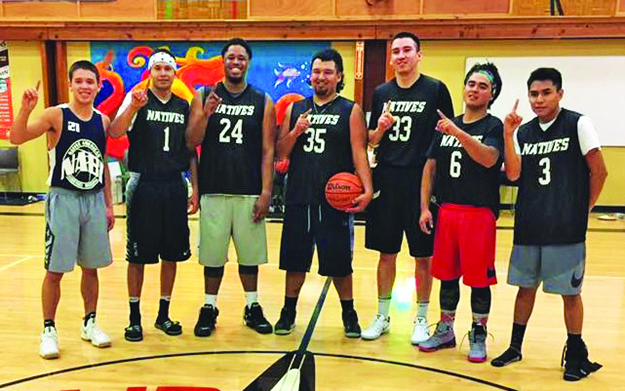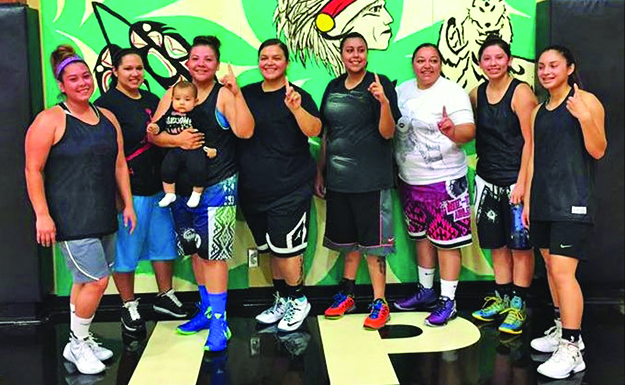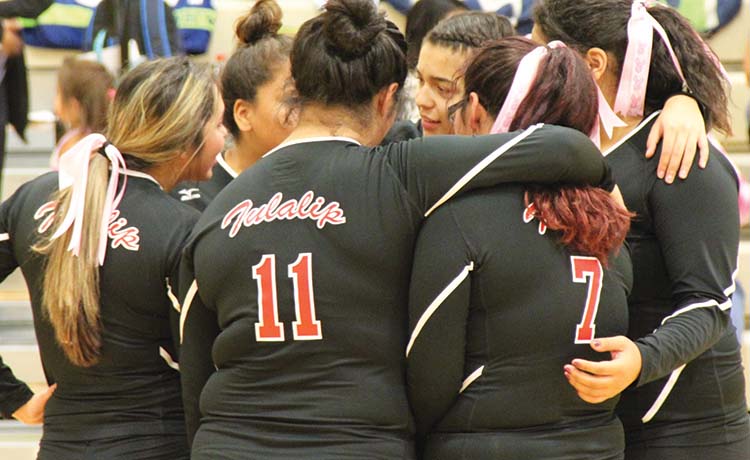Submitted by Jason McKerry, MD, FAAP, Karen I Fryberg Tulalip Health Clinic
Many of you may have heard about the recent cases of acute neurological illness seen in kids at the Seattle Children’s Hospital. I know that a child’s health is the most important thing in every parent’s life. I want to share some important information about the illness, Acute Flaccid Myelitis (AFM), a rare condition that affects the nervous system.
Below are common questions and answers provided by the State Department of Health:
Q: What is Acute Flaccid Myelitis (AFM)?
A: AFM is a rare condition with sudden onset of weakness of one or more limbs, sometimes accompanied by weakness of the muscles of the face and eyes. In severe cases, the breathing muscles can be involved. In all cases, there are distinctive lesions in certain areas of the spinal cord seen with an MRI.
- Symptoms of AFM vary in severity and range from mild weakness of a limb to absence of movement in all limbs.
- Unlike most other diseases, suspected AFM are only reports.
- The cases receive a final classification as confirmed or probable AFM, or are ruled out, only following a review by expert neurologists from the Centers for Disease Control and Prevention.
Q: How common is AFM?
A: AFM is quite rare. Last year, Washington state had no cases, and in 2014 there were only two, so this number of suspected cases within about a six-week time span is unusual. Clusters similar in size to the one we are currently seeing have happened elsewhere in the US, for example, in Colorado and Arizona.
Even with an increase in cases in 2016, AFM remains a very rare disease. Less than one in a million people will ever develop it.
Q: What causes AFM?
A: AFM can be caused by a variety of germs, such as enteroviruses, which typically cause milder illness in children such as respiratory infections. Other causes may be West Nile Virus, autoimmune disease or environmental toxins. For most reported cases across the US, the cause has not been identified.
It can also be mistaken for conditions that cause inflammation of the nerves such as transverse myelitis and Guillain-Barré syndrome.
However, when enteroviruses get into the central nervous system, they can cause more serious illnesses like inflammation of the brain. Polio virus, which is not being considered as the cause of these children’s illnesses, is a cause of AFM that is rare now in the US due to vaccination.
Q: Do you know what caused any of these potential cases?
A: At this point we do not know what has caused these potential AFM cases.
- Oftentimes, despite extensive laboratory testing, a cause for AFM is not able to be identified.
- It’s not known why some people develop AFM while others don’t.
Q: Is AFM contagious?
A: AFM is a syndrome, which is basically a group of symptoms caused by many different things. Many of the germs that cause AFM are contagious, such as enteroviruses, which typically cause milder illnesses in children such as respiratory infections. Enteroviruses can get into the central nervous system and cause more serious illnesses like inflammation of the brain, although this is uncommon.
Some of the germs known to cause AFM are contagious between people while others are not. West Nile Virus for example is only transmitted by mosquitos while common cold germs are transmitted between people.
Q: Are these cases connected to each other?
A: At this point we don’t know if these cases are connected in any way.
- They came from four different counties (Whatcom, King, Pierce and Franklin).
- Their age ranges between 3 to age 14.
- And while we can’t discuss specific cases, some have unique symptoms from the others.
Q: Could this be something else?
A: AFM is one of a number of conditions that can result in neurologic illness with limb weakness. Such illnesses can result from a variety of causes, including viral infections, environmental toxins, genetic disorders, and an abnormal immune response that attacks the body’s nerves.
Q: How is AFM diagnosed?
A: AFM is difficult to diagnose because it can look nearly identical to other conditions or syndromes. It is diagnosed based on a combination of symptoms and a type of imaging test called an MRI or laboratory results.
A doctor can rule out other neurological disease by careful examination, for example, looking at the location of muscle weakness, muscle tone, and reflexes. An MRI is essential to diagnose AFM.
Q: Can adults get it?
A: Yes, but it may be more likely to affect children, perhaps because they typically haven’t built up as much immunity to germs as adults.
Q: Is there a treatment?
A: There is no specific treatment for acute flaccid myelitis, other than what doctors call supportive care, which means treating the symptoms. A doctor who specializes in treating brain and spinal cord illnesses (neurologist) may recommend certain interventions on a case-by-case basis.
Q: Do people who get it get their movement back?
A: According to the CDC some do. The CDC did a survey of patients from cases in 2014 investigation and got 56 responses. A small number had complete recovery of limb function after about 4 months, but some had no improvement. Right now there is no long-term information available, but the CDC is working with states to collect the information.
Q: Is there any way to prevent it?
A: Because being infected by any one of a number of viruses are possible causes of AFM, steps to avoid infections include good hand washing and avoiding contact with people with respiratory and diarrhea infections may help.
AFM can be caused by different things, and because doctors know so little about the cause, there are no known specific preventative measures to recommend.
- You can help protect yourselves from some of the known causes of acute flaccid myelitis by:
- Washing your hands often with soap and water,
- Avoiding close contact with sick people, and
- Cleaning surfaces with a disinfectant, especially those that a sick person has touched.
Q: What is the investigation looking at?
A: We’ve worked to make sure that tests are being done that might point to a cause – these tests are now being reviewed by us and the CDC and we hope to have some preliminary information back soon.
We are investigating whether the cases have any links to one another and are reviewing other information including if they had recent illnesses. While the types of tests are really comprehensive, sometimes no direct cause is found.
I want to reassure all of our families that we are aware of the cases of AFM in our state and we want to provide our expertise and offer information to concerned individuals and families as requested. If your child is acting ill or unusually, please don’t hesitate to come see us at the clinic or contact us with any questions or concerns, 360-716-4511.

